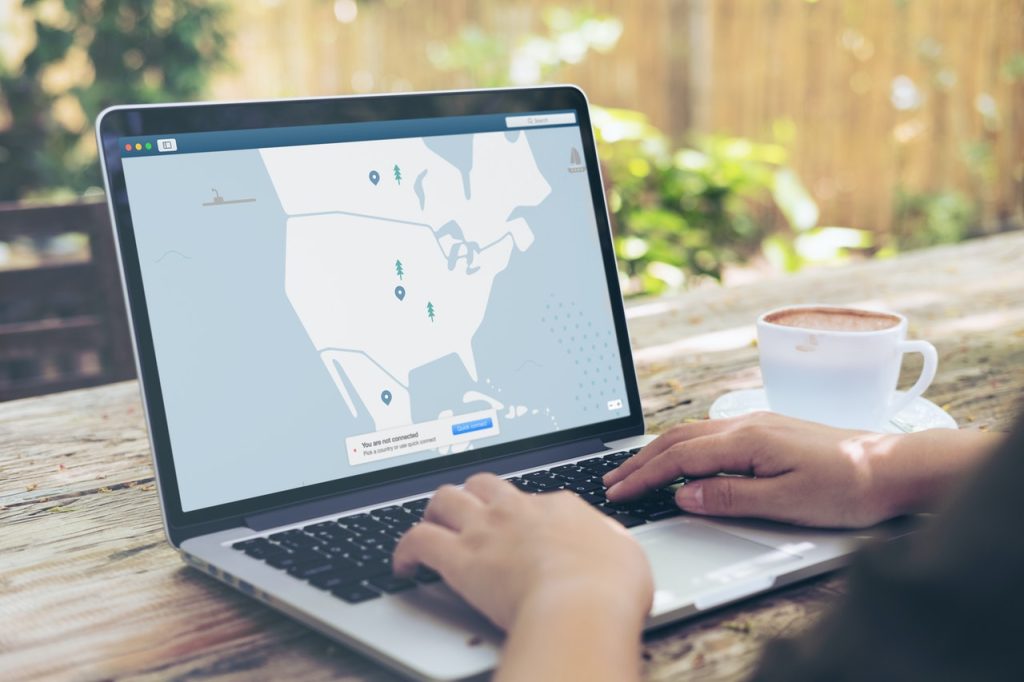If you’re a business owner, then you know how important it is to keep your data and information safe. One of the best ways to do this is by using a VPN, or Virtual Private Network. But what exactly is a VPN and how does it work? You’ll find a breakdown of everything you need to know about a VPN:
Quick Links
What is a VPN
A VPN is a private network that uses public networks (like the internet) to connect remote sites or users together. VPNs use encryption to make sure that data passing through the network is secure and private. This is crucial for cyber attack prevention.
Benefits of a VPN
There are many benefits to using a VPN for businesses. For one, it can help you keep your data safe from hackers. It can also help you stay compliant with regulations like HIPAA and Sarbanes-Oxley. Additionally, a VPN can help you save money on your internet bill by reducing your bandwidth usage.
By using the best VPN solution for enterprise, businesses can secure their data and ensure that it is not accessed by unauthorized individuals. Additionally, VPNs can be used to bypass geo-restrictions and censorship. By connecting to a VPN server in another country, users can access content that may be blocked in their own country.
How Does a VPN Work?
A VPN works by encrypting data that is sent from one computer to another over the internet. This encryption makes it difficult for anyone to eavesdrop on the communication or steal sensitive information. The data is also encapsulated, which means that it is less likely to be damaged in transit.
A VPN encrypts your internet traffic and routes it through a remote server, hiding your IP address and location which makes it difficult for anyone to track or spy on your online activity. A VPN also allows you to bypass internet censorship and access blocked websites. Using a VPN is a great way to improve your online privacy and security.
VPNs are relatively simple to set up and use, and they offer a great way to improve your online privacy and security. If you’re looking for a VPN service, make sure to choose one that offers strong encryption and doesn’t keep logs of your activity.
Types of VPNs
There are two main types of VPNs: site-to-site and remote-access.
A site-to-site VPN connects two or more locations together using a private network. This type of VPN is often used by businesses with multiple locations, or by businesses that have remote employees.
A remote-access VPN allows users to connect to a private network from a remote location. This type of VPN is often used by telecommuters and travelers who need to access their company’s network from outside the office.
How to Set Up a VPN
If you’re interested in setting up a VPN for your business, there are a few things you’ll need to do. First, you’ll need to choose a VPN provider. There are many different providers out there, so be sure to do your research and choose one that’s right for you. Once you’ve chosen a provider, you’ll need to set up your VPN server. This can be done using software from your provider or by configuring your own server. Finally, you’ll need to configure your network router to work with the VPN.
Using a VPN
Once you’ve set up your VPN, you can start using it by connecting to the server. This can be done from any computer that has internet access. Once you’re connected, all of your internet traffic will go through the VPN. This means that your data will be encrypted and private. You’ll also be able to access any websites or services that are blocked in your country.
This means that anyone snooping on your connection will not be able to see what you’re doing online. A VPN can also help to bypass censorship and firewalls, allowing you to access websites and content that may otherwise be blocked.
Conclusion
If you’re looking for a way to keep your online activity private and secure, a VPN is a great option. Just be sure to choose a reputable provider with robust security features.

